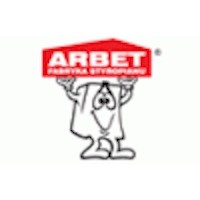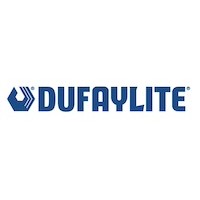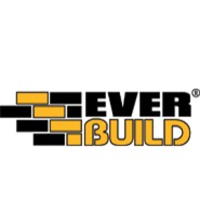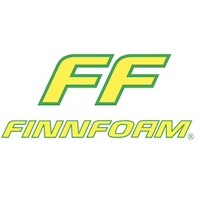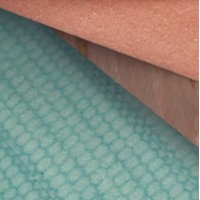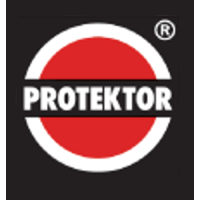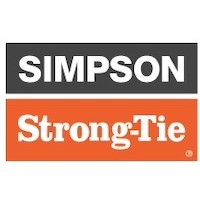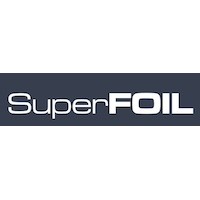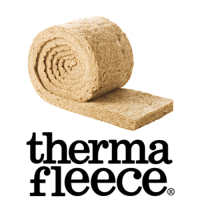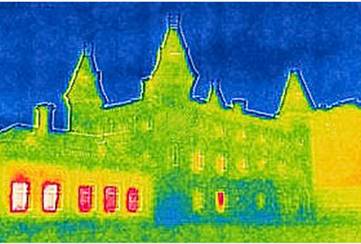Ghosts and Monsters – Reality or just Poor Insulation?
Don’t Be Afraid of the Boogie Man, Insulation Shop is Here!
For all those of you that enjoy a good ghost story, that are fascinated by haunted houses and similar phenomena and don’t want to be deprived of such illusions, you better skip the following few lines. On the other hand, all those of you that don’t enjoy these stories and would like to be reassured that ghosts are not real, then you have come to the right place. This article is dedicated to all the creepy noises that you may have heard in your home and all the times you have felt cold air rushing across the room. Not only will we try to bust some of these myths but also offer some more than useful tips on how to keep your home warm and safe from all the unpleasant appearances. So, let’s start with resolving the dilemma – ghosts and monsters – reality or just poor insulation?
We have been inspired to dedicate this article to haunted houses by a story of the Newton House, a home in Wales allegedly haunted by the White Lady ghost. However, Npower, one of the largest UK energy suppliers, has conducted a study of the mentioned haunted property, when they found that the creaks heard by the visitors alongside the cold air blasts are only the result of old, draughty windows and thermal bridging problems that can all be successfully solved with proper insulation. It might sound boring and the White Lady ghost story sounds much more interesting, please note that poor insulation problems within your home can cause much more damage and can be much more problematic that any ghost or monster. They are maybe not as mysterious but are just as troubling.
In order of offering a simpler explanation, please note that draught (which can be a severe problem that can seriously affect your home’s thermal performance) can make strange whistling sounds, especially if it can easily find its way through cracks and holes within your walls or old and worn out roof tiles. All this can lead to thermal bridging which means that a path for the warm air to leave your home is created through your building structure due to the uninsulated or insufficiently insulated walls, roof or floors, so the air freely circulates through the building envelope with nothing standing in its way. This can be equally problematic during both winter and summertime, resulting in inadequate inner temperature and thus during both seasons. The good news is that all this can be easily prevented or minimized with proper insulation added to each segment of your home, starting from your windows and doors, as a cheaper and simpler solution to some more demanding projects involving wall, roof and floor insulation.
You will notice that resolving these issues involves thorough inspection of your home, detailed planning through an elaborated insulation and energy efficiency plan and finally proper installation of the chosen type of insulation. Our advice is to start with less demanding projects which include proper window and door insulation, which will get rid of the “ghostly” noises and sounds created by draughts. The problem can be solved through weather stripping and caulking around window and door openings or ultimately replacing your old windows with alternative double glazing windows that will do a much better job in keeping the draughts away from your interior.
Then it would be a good idea to move on to some more massive projects that involve adding proper insulation. You can start with your walls and choose among interior and exterior wall insulation. This will contribute the most to preventing and controlling thermal bridging which most commonly appears at wall joints. Depending on the structure of your walls (solid or cavity walls), you can choose from a number of different materials that can all serve their purpose in ghost busting. For example, rigid insulation wall boards are a good choice for internal basement wall insulation due to easy installation and low maintenance. On the other hand, rock and glass wool should be your choice for cavity wall insulation, due to its flexibility and variety, not to mention their environmental impact. On top of all that, you can also choose an internal wall I – Clad Brick Slip system which will not take much of your interior space but will also offer a decorative finish. If you are dealing with a damaged wall structure that requires serious repairs, then you are probably better off with some exterior wall insulation system which includes the whole package from external insulation boards, render systems, adhesives, profiles and insulation fixings. Each of these components can be found right here on Insulation Shop alongside some useful installation information.
Another way of fighting poor insulation and ghosts issues is through loft insulation, since it is well known that the monsters usually hide in the attic or basement, as usually cold and damp areas. Well, you can influence this through proper damp and moisture control and carefully chosen insulation material, such as any of the Rockwool or Knauf rock wool insulation products, found in rolls and slabs, thus applicable to almost any space, regardless of its accessibility and size. Only make sure that your loft insulation reaches the prescribed values (in reference to its thickness) why you should firstly check whether you already have some insulation installed and only then decide on just how much material you need for proper insulation. Please note that, if the installed insulation is in a good state, you could only upgrade it with another layer of insulation and vice versa, if it’s in a bad shape, it should be removed and replaced.
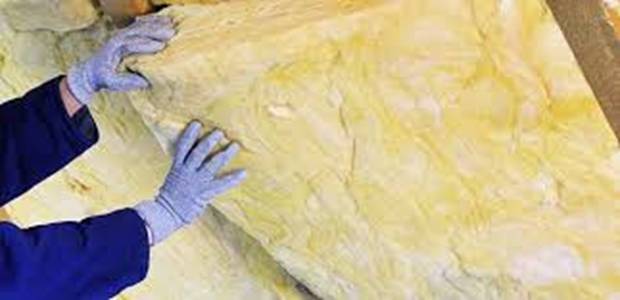
Well, that is about it for our ghost stories, so just follow the given instructions, check our website for more detailed information, choose your insulation product, give us a call, and you will not have to check for monsters under the bed nor trouble yourself with poor insulation!
Insulation Shop offers a wide range of energy efficient UK insulation products. Send your quote enquiries to info@insulationshop.co or order directly from our insulation webshop.




